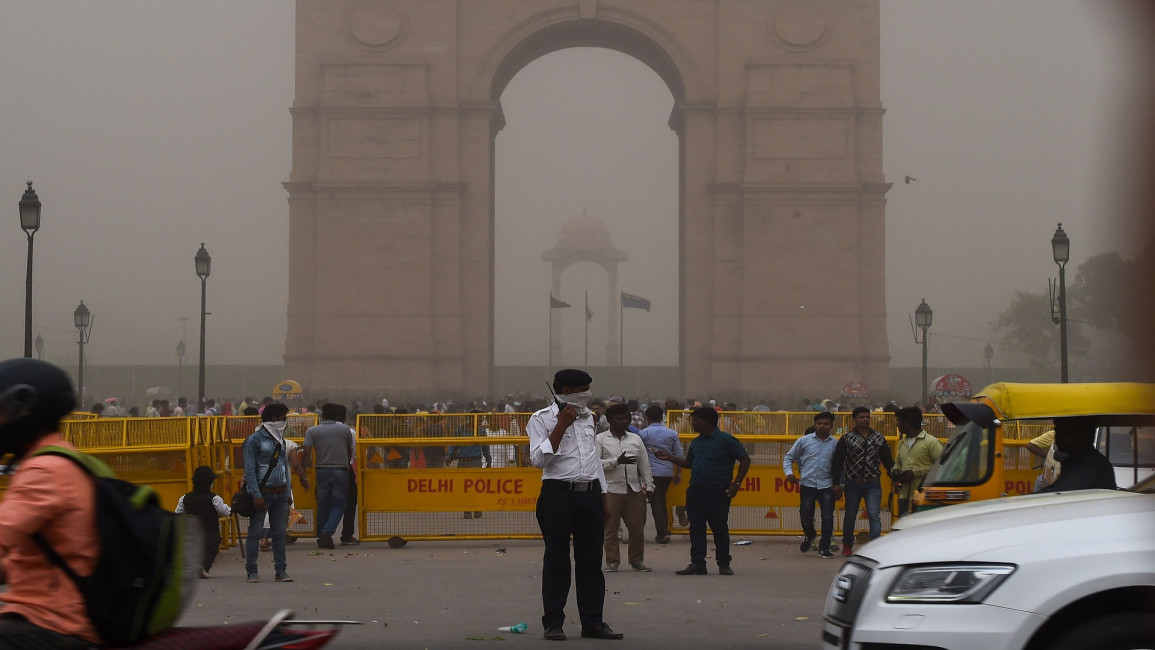India upholds Taj Mahal ban on Muslim prayer except for locals
India upholds Taj Mahal ban on Muslim prayer except for locals
The ban however does not apply to local Muslim residents of the city of Agra in which the edifice is located.
1 min read
The Taj Mahal is the jewel of Muslim art in India [AFP]
India's Surpeme Court on Monday upheld a ban on visitors making Muslim prayers at the Taj Mahal - one of the Seven Wonders of the World - saying the monument's preservation was paramount.
The ban does not apply to local Muslim residents of the city of Agra in which the edifice is located.
Concerned by the degradation to the World Heritage site that could be caused by large numbers of people holding Friday prayers at the complex, local authorities imposed the stricture in January, insisting Muslims instead pray at local mosques.
The decision was then challenged by petitioners before the Supreme Court weighed in, arguing its decision that there was no religious obligation for Muslims to perform prayers at the site.
Built in Agra between 1631 and 1648 by order of the Muslim Mughal Shah Jahan in memory of his favourite wife.
It has been described as "the jewel of Muslim art in India and one of the universally admired masterpieces of the world's heritage" by UNESCO.
The ban does not apply to local Muslim residents of the city of Agra in which the edifice is located.
Concerned by the degradation to the World Heritage site that could be caused by large numbers of people holding Friday prayers at the complex, local authorities imposed the stricture in January, insisting Muslims instead pray at local mosques.
The decision was then challenged by petitioners before the Supreme Court weighed in, arguing its decision that there was no religious obligation for Muslims to perform prayers at the site.
Built in Agra between 1631 and 1648 by order of the Muslim Mughal Shah Jahan in memory of his favourite wife.
It has been described as "the jewel of Muslim art in India and one of the universally admired masterpieces of the world's heritage" by UNESCO.



